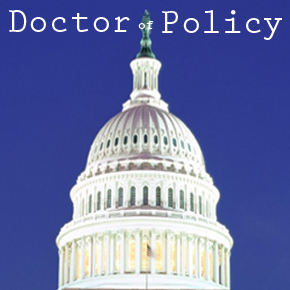Over the past few months, a recurring topic in news conversation has been the plight of refugees from Syria. Recently, European nations such as Germany have contemplated whether to extend asylum to many of the estimated 6.5 million individuals displaced within Syria, and the 3.5 million who have fled to neighboring nations. The Syrian Civil War began in 2011, and with growing instability in the region due to the growth of groups such as ISIS, much of the previous infrastructure has eroded, including the country’s health care and public health systems. There are a number of concerns for the health of refugees trapped in Syria, and for those who have found asylum in countries across the globe.

